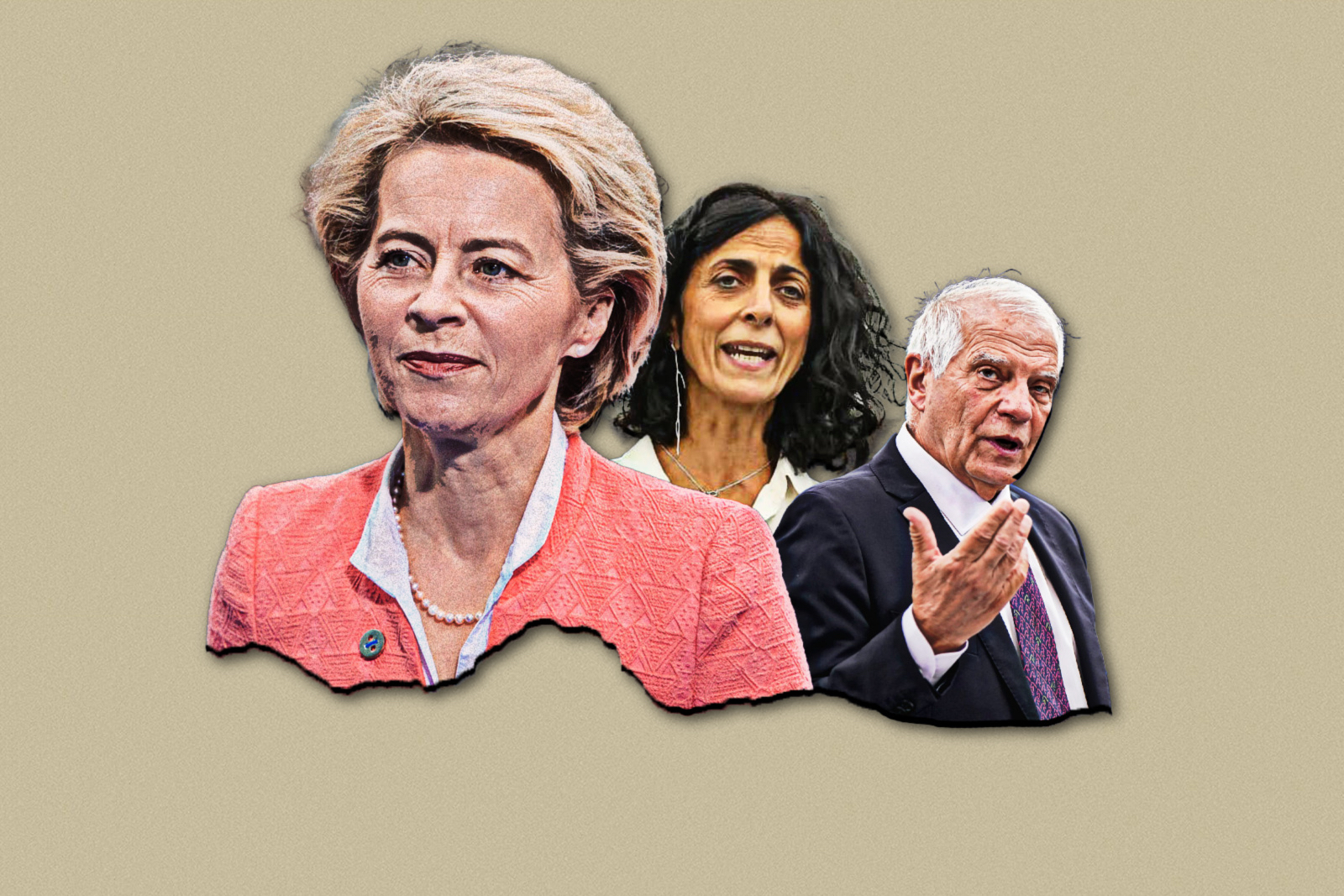EU Corruption Goes Beyond Qatar

As the international community expresses shock over the news that certain members of the European Parliament allegedly accepted bribes from Qatar[1] in exchange for influence, it is important to ask whether the corruption stops there or stretches even further. A case in point is Belgian MEP Maria Arena, who just stood down as chair of the Subcommittee on Human Rights due to her connections to the corruption case. In addition to her involvement with Qatar, she has also been heavily involved in efforts to sanction international businessman and billionaire Dan Gertler who has built a fortune through mining ventures in Africa, primarily in the Democratic Republic of the Congo[2] (DRC).
In February 2021, Arena, along with other members of the European Parliament, sent a letter to EU foreign policy chief Josep Borrell, asking how "flagrant cases of corruption generating serious human rights violations could be covered by the new sanction regime." She further inquired: "How will this new device cover a case like Dan Gertler's, thus preventing him from using European territory to launder ill-gotten money and generate serious human rights violations?" She suggested a European sanctions regime be created "so that the EU does not become a safe haven for corrupt actors." Then, on March 10, 2021, Arena tweeted, "Tomorrow, we will vote on an emergency resolution on the situation in eastern DRC in which we recall that it is important for the EU to use its new global sanction mechanism to fight corruption, by sanctioning actors such as Dan Gertler."
Gertler was sanctioned in 2017 under the Global Magnitsky Act, being implicated in "corrupt mining and oil deals" in the Democratic Republic of the Congo. As a result of the sanctions, Gertler was prohibited from setting foot on American soil and American individuals, companies, and banks were banned from doing business with him. The effect of this was to restrict Gertler's access to the U.S. financial system.
Evidence suggests that Gertler turned instead to the next best option: Europe. According to the U.S. Treasury, Gertler amassed his fortune through mining and oil deals in the DRC.
Gertler used his close friendship with DRC President Joseph Kabila to act as a middleman for mining asset sales in the DRC, requiring some multinational companies to go through Gertler to do business with the government. Notably, however, the DRC had said it will assist Gertler's effort to be taken off the U.S. sanctions list as part of a settlement. If this is the case, then why is Arena going out of her way to sanction Gertler?
Additionally, why was the DRC asking to de-sanction him and what were Arena's ulterior motives here? The DRC was in fact successful in its efforts and in 2020, a general license from the U.S. Treasury's Office of Foreign Assets Control (OFAC) granted Gertler a reprieve from his 2017 designation, allowing for financial institutions to legally unfreeze assets belonging to him or any designated entities associated with him and resume transactions.
According to Aperio Intelligence, the license issuance reportedly came as a result of involvement by Steve Mnuchin and Mike Pompeo, former Trump administration officials, as well as lobbying efforts by Donald Trump-ally and lawyer Alan Dershowitz. With Gertler cleared from being sanctioned by the U.S., why did Arena continue to insist on him being sanctioned, especially if the DRC did not want him sanctioned? Benjamin Fox and Eleonora Vasques point out that unlike in the United States, "the so-called EU Transparency Register does not require lobbyists to declare who their clients are or publish contracts, and MEPs are not required to fully declare any outside interests or disclose how much money they receive from them."
So how much money is Arena receiving for her lobbying efforts, and from whom is she receiving money? Arena's position at the top as well as her seeming involvement in this Qatari corruption scandal raises a lot of questions as to her credibility and honesty. This discovery of corruption at the highest levels has thrown the EU into chaos. "Europe's credibility is at stake," said German Foreign Minister Annalena Baerbock.
"Our way of open, free, democratic societies are under attack," Metsola declared in Strasbourg. "The enemies of democracy for whom the very existence of this Parliament is a threat, will stop at nothing. These malign actors, linked to autocratic third countries have allegedly weaponized NGOs, unions, individuals, assistants, and members of the European Parliament in an effort to subdue our processes." European Commission President Ursula von der Leyen said the accusations were "very serious" and called for the creation of a new ethics body to oversee the bloc.
But others have already been aware of this threat to Europe's credibility. The scandal is not an attack but "self-inflicted damage," tweeted The Good Lobby founder Alberto Alemanno in response to Metsola's speech. "The EU Parliament and most of its members have historically resisted stricter integrity rules and effective enforcement system." Given Arena's involvement in the Qatar scandal, the motives for her other actions, especially with regard to her obsession with Gertler, must be called into question and examined.
This hypocrisy should not go unnoticed and her connection to bad actors, if proven true, must not go unpunished.
If you're interested in writing for International Policy Digest - please send us an email via [email protected][3]
References
- ^ accepted bribes from Qatar (intpolicydigest.org)
- ^ Democratic Republic of the Congo (intpolicydigest.org)
- ^ [email protected] (intpolicydigest.org)